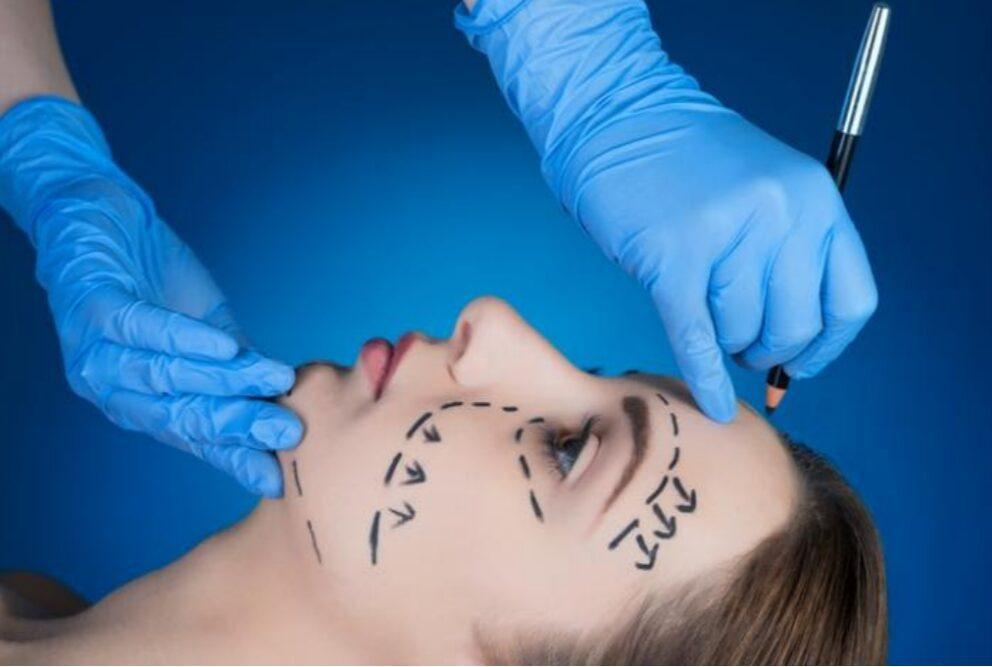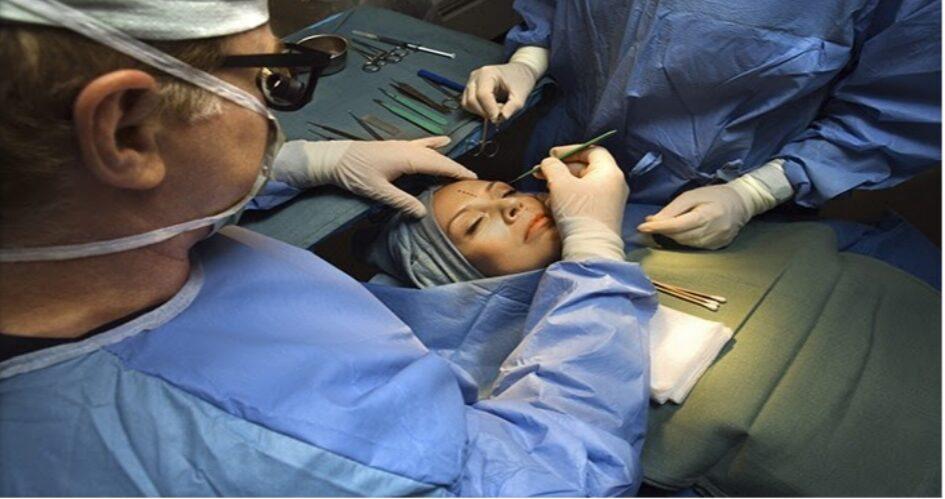
Facelift surgery corrects any deformities on the face or retains a youthful look, depending on an individual’s needs. Most people do it to boost their confidence. However, facelift surgery is not an easy process. It requires preparation, commitment, and confidence in removing the wrinkles and having a fresh face afterward. It is essential to have a pre-surgery interview with your doctor to know the dos and don’ts before, during, and after the surgery. The surgeon will also do tests to determine if you are good to go for the process. This article discusses some basics to do before a facelift surgery.
-
Get your mind ready
You will first need to check on yourself to determine if you need surgery or not. Having surgery is a permanent process, and it would help check if you are ready for it. You should know what your expectations are and if you will accept whatever the outcome. According to experts from facelift Newport Beach, it is essential to follow your instincts and practice the essentials provided by your surgeon before the surgery. This might involve stopping eating your favorite foods, drinks, and smoking to get fit for the surgery. Ensure you are ready for the process before stepping into the facelift surgery room.
-
Plan ahead of the process
Most facelift procedures have no pain and do not create inconveniences to the patient, unless on sophisticated approaches. However, before stepping to the surgery, you will have to prepare yourself adequately for everything you will require after the process, including pain relievers, food, help, and even someone to drive you off the hospital. It is essential to ask your surgeon what to do and avoid after the surgery to avoid inflicting the side effects. Other than this, it’s crucial to ensure your recovery area is fit, including having the right blankets, clothing, snacks, medication, and other essentials.
-
Avoid drinking and smoking
Health experts recommend avoiding smoking and drinking if booked for facelift surgery. Why is it so? The reason for this is that cigarettes and alcoholic drinks contain nicotine and other chemicals that may interfere with your blood flow, making it difficult to heal from surgery. It will help to forgo these habits forever to ensure there are no complications in your subsequent surgeries. You should stop smoking at least some months and stop drinking at least 48 hours before the facelift date. All these will depend on the surgery, and it’s necessary to discuss the same with your surgeon.
-
Choose your surgeon wisely

It is essential to choose your facelift surgeon with consideration to avoid the process going wrong and avoid complications if done by an incompetent surgeon. It would help if you never settled for less since it will make other tips explained above null and void. Your surgeon should be updated, have modern machines, known premises, friendly staff, and good reviews from the previous patients. Choose one that has the experience and better qualifications for the best results.
Facelift surgery is a permanent process that you must prepare yourself adequately for. Your surgeon understands all the needs and requirements for a successful facelift procedure. It’s crucial to heed their instructions to avoid inconveniences that might lead to regrettable side effects.

